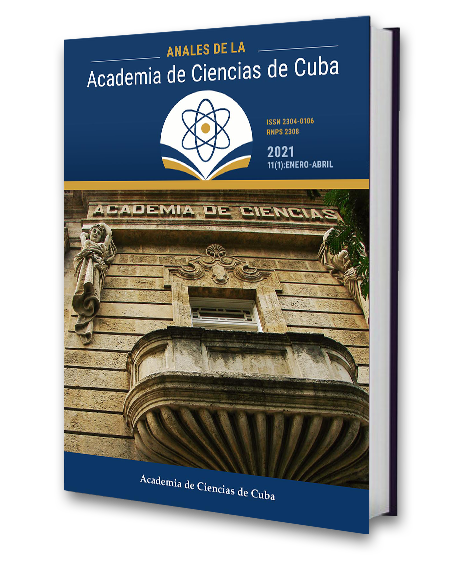Psychology, addictions and COVID-19: Lessons learned for recovery and coping with other critical situations
Keywords:
COVID-19, substance abuse, addictions, emergencies and disasters, complex situations, myths, irrational tendencies, emotional controlAbstract
People with addictions are vulnerable to critical situations. During these events there are frequent setbacks and relapses that determine the restart or increase of drug use and addictive disorders. A narrative review of publications that address the impact of critical situations on these individuals was carried out. Articles, reports and other documents published between 2018 and 2020 were considered. The objectives were to characterize the impact of critical situations on people with addictive behaviors and describe the particularities of the recovery and preparation process to face new contingencies. Obstacles were specified for the successful coping with these circumstances based on individual and family problems and behavioral, cognitive and affective difficulties. The recovery process is complex and variable, but the inclusion of these topics and certain therapeutic resources in the psychological preparation of these people facilitates both recovery and coping with other critical situations.Downloads
Downloads
Published
How to Cite
Issue
Section
License
The journal Anales de la Academia de Ciencias de Cuba protects copyright, and operates with a Creative Commons License 4.0 (Creative Commons Attribution-NonCommercial License 4.0). By publishing in it, authors allow themselves to copy, reproduce, distribute, publicly communicate their work and generate derivative works, as long as the original author is cited and acknowledged. They do not allow, however, the use of the original work for commercial or lucrative purposes.
The authors authorize the publication of their writings, retaining the authorship rights, and assigning and transferring to the magazine all the rights protected by the intellectual property laws that govern in Cuba, which imply editing to disseminate the work.
Authors may establish additional agreements for the non-exclusive distribution of the version of the work published in the journal (for example, placing it in an institutional repository or publishing it in a book), with recognition of having been first published in this journal.
To learn more, see https://creativecommons.org






